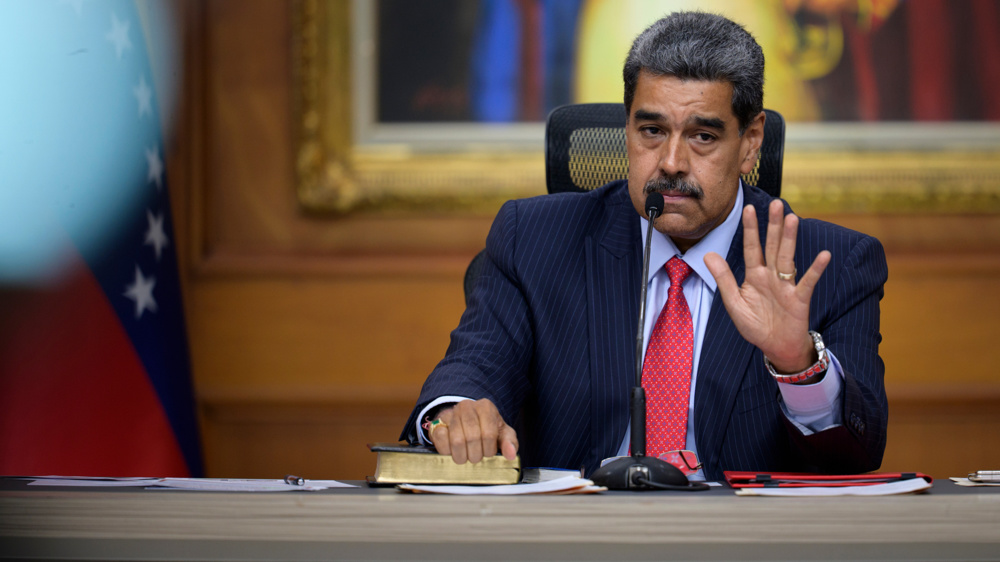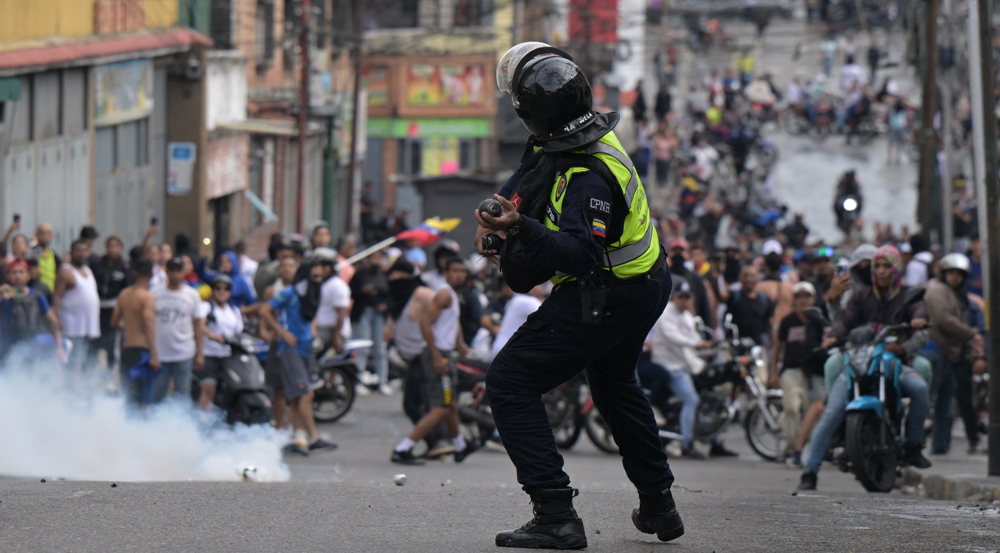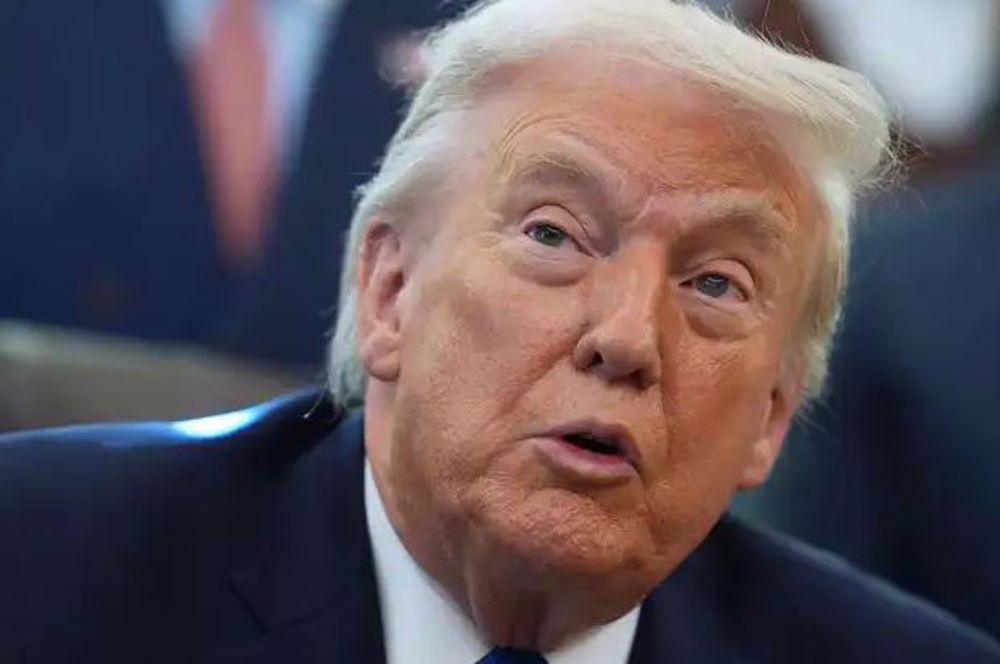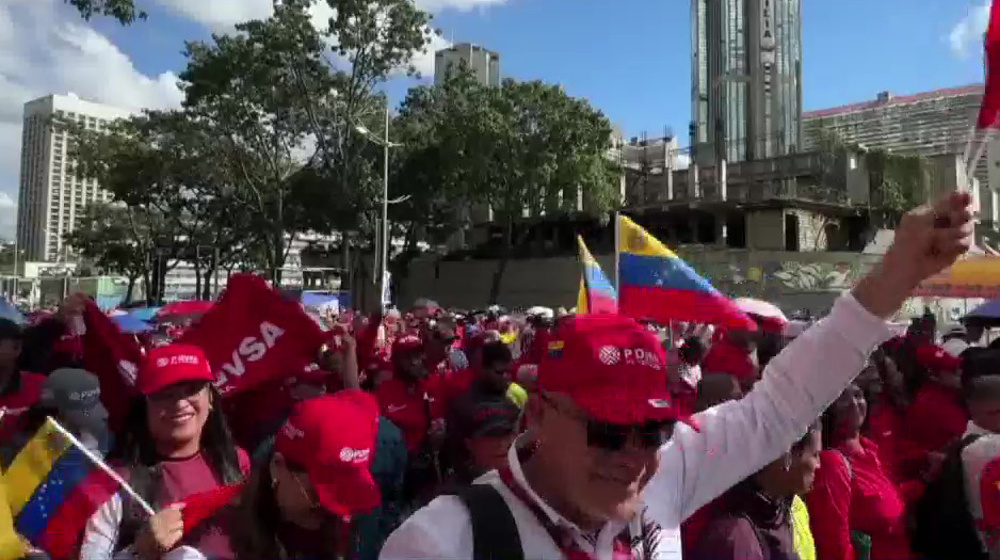Maduro asks top court to audit vote results after violent protests
Venezuelan President Nicolas Maduro says he has requested the country's Supreme Court to conduct an audit of the recent presidential election, following challenges from opposition leaders regarding his victory.
Maduro expressed readiness to provide evidence of his election victory. Speaking to reporters outside the Supreme Court’s headquarters in the capital Caracas, he said “I throw myself before justice”, adding that he is “willing to be summoned, questioned, investigated.”
Maduro told reporters on Wednesday that there was a conspiracy against his government after the country’s electoral authority announced that he had won a third term with 51% of the vote.
Opposition candidate Edmundo Gonzalez Urrutia received 44.2 percent, according to the electoral council (CNE), which in its majority is loyal to the president.
The US and its allies opposed to Maduro have held off recognizing the results and supported violent protesters wreaking havoc in the country.
Maduro has blamed Urrutia for the post-election violence unleashed across the nation.
“I hold you responsible, Mr. Gonzalez Urrutia, for everything that is happening in Venezuela, for the criminal violence, for the criminals, for the injured, for the dead, for the destruction,” the president said on Tuesday.
According to Attorney General Tarek William Saab, as a result of the violence, dozens of military and police officers have been injured, some by gunshots, and a military officer in northern Aragua state has been killed.
Authorities have verified that far-right groups have been using minors and people under the influence of drugs in riots in various cities in Venezuela.
Venezuela sits atop the world’s largest proven oil reserves, and once boasted Latin America’s most advanced economy. But, economic sanctions from the US and Europe seeking to force Maduro from power after his 2018 reelection have hit ordinary Venezuelans, leading to the exodus of 7.7 million people.
The International Monetary Fund forecasts the economy will grow 4% this year — one of the fastest in Latin America — after having shrunk 71% from 2012 to 2020.
The engineering feat behind Iran’s record gas output
VIDEO | Press TV's news headlines
Freedom of speech, right to protest under assault in UK
Border guards seize cache of weapons, ammunition near Iran-Afghanistan border
Grok to power classified programs as Musk's xAI secures deal with Pentagon
Iraqi FM tells US envoy: Government formation ‘internal matter’
Israel killed Gaza aid workers in ‘execution style’ massacre in 2025: Report
Participation shrinks at Israeli arms expo in wake of Gaza genocide: Report











 This makes it easy to access the Press TV website
This makes it easy to access the Press TV website